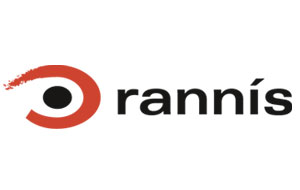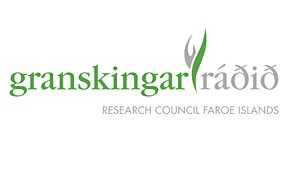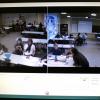Objectives
NordForsk has a history of supporting Nordic research co-operation in education. This commitment was primarily channelled through the Education for Tomorrow initiative, which started in 2012 and ended in 2025.
The aim of the Education for Tomorrow initiative was to generate new knowledge about Nordic educational systems in order to better equip them to meet societal needs. Its primary objectives were to strengthen the Nordic position in educational research, contribute to the development of knowledge-based policy in the Nordic countries by addressing research questions of social relevance, and disseminate research results to a wide range of stakeholders.
The initiative additionally funded a Nordic Centre of Excellence (NCoE) involving research institutions from all five Nordic countries. The report Strengthening Nordic education through research and practice highlights the key outputs, impact and policy recommendations of the centre.
When the Education for Tomorrow initiative ended in 2025, Nordic and Baltic funders expressed an interest in collaborating on a new call. In 2026, NordForsk launched a call focused on Nordic-Baltic education systems and 21st century challenges. The call responds to a period of rapid social, political, and technological change, in which education plays a decisive role in shaping democratic participation, social cohesion, and equal opportunities. It aims to generate new knowledge about Nordic-Baltic educational systems in light of these societal challenges and to explore how education can contribute to resilient, equitable, and future-ready societies.
Background
The Nordic countries share a long tradition of state-funded education, spanning early childhood education and care to higher education and lifelong learning. Despite this, international surveys have revealed considerable differences in performance between the educational systems of the individual countries. Researchers in the field of education examine topics such as learning, knowledge formation and knowledge traditions, as well as the role of the educational system in social development.
Education has been on the political agenda in the Nordic countries for quite some time. A number of studies and national consultations were conducted to determine the thematic focus, organisation, priorities and level of ambitions of a Nordic research initiative on education. In 2010 The Nordic Council of Ministers for Education and Research (MR-U) and the national research councils reached an agreement on co-funding the initiative. NordForsk was assigned responsibility for administering it.
Funding
The overall budget for the Education for Tomorrow initiative was approximately NOK 140 million for the period 2012-2025, including funding organisations from all Nordic countries. The initiative also included a call co-funded by the Netherlands Initiative for Research Education.
The call on Nordic-Baltic education systems and 21st century challenges has an overall budget of approximately NOK 70 million for the period 2026-2030. It is funded by funding organisations in all Nordic countries, including the Faroe Islands, and Estonia and Lithuania. The call is expected to fund five Nordic or Nordic-Baltic research projects.
Committee
Education for Tomorrow initiative:
Professor Krista Varantola, University of Tampere (Chair)
Pernilla Nilsson, the Swedish Research Council, Sweden
Helena Vänskä, University of Eastern Finland
Aðalheiður Jónsdóttir, The Icelandic Centre for Research - RANNÍS
Kari Tonhild Aune, The Research Council of Norway
Tue Vinther-Jørgensen, Danish Ministry of Higher Education and Science.
Nordic-Baltic education systems and 21st century challenges call:
Gaute Brevik Heyerdahl, Norwegian Directorate for Education and Training (Chair)
Ane Qvortrup, Independent Research Fund Denmark
Johanna Hakala, Research Council of Finland
Maria Húsgarð, Research Council Faroe Islands
Guðmundur Ingi Markússon, The Icelandic Centre for Research - Rannís
Kari Tonhild Aune, Research Council of Norway
Pernilla Nilsson, Swedish Research Council
Katrin Kello, Estonian Research Council
Laura Kostelnickiene, Research Council of Lithuania
Jóhannis Erlendsson, Nordic Youth Council (observer)
Anna Mikander, Secretariat of the Nordic Council of Ministers (observer)











